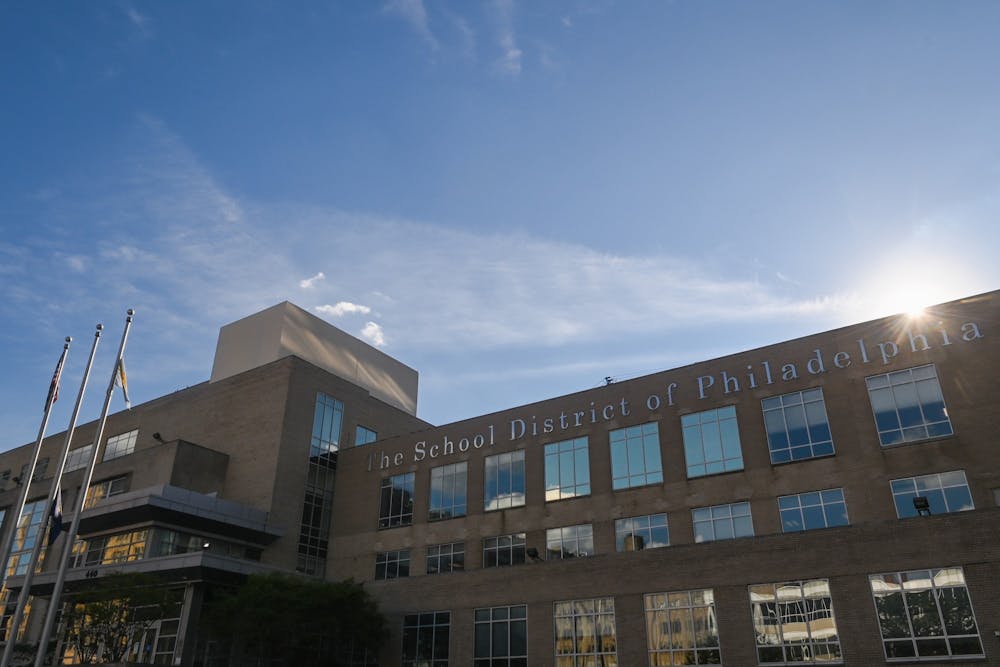A judge recently declared that Pennsylvania's system funding public schools is unconstitutional, citing systemic inequities in monetary support.
Commonwealth Court Judge Renée Cohn Jubelirer ruled on Feb. 7 that Pennsylvania public school funding practices violate students’ right to “comprehensive, effective, and contemporary” public education, according to the memorandum.
The lawsuit was first filed in 2014 by school districts, parents, and advocacy groups represented by the Education Law Center and the Public Interest Law Center, according to The Philadelphia Inquirer. The trial began in November 2021.
During the trial, the plaintiffs' testimonies describe the dilapidation of underfunded schools, noting teachers’ frequent out-of-pocket payments to outfit classrooms and provide proper learning materials. Moreover, images of students in small instructional spaces highlighted poor classroom conditions.
The plaintiffs further claimed that students in underfunded districts complete state proficiency exams and graduate high school at far lower rates.
In their post-ruling statement, the Public Interest Law Center described the ruling as “a historic victory for Pennsylvania’s public school children.”
Dan Urevick-Ackelsberg, senior attorney at the Public Interest Law Center, described the decision as a declaration that children in Pennsylvania have the right to receive an education that is on par with modern standards.
Underfunding of public schools has been a hot-button issue across the nation in recent years.
RELATED:
New Clark Park master plan includes increased accessibility, public bathrooms
Protestors disrupt Magill speech at Penn Alumni event, urge Penn to preserve UC Townhomes
Judge dismisses objections to Penn Museum plan for burial of human remains
In Pennsylvania, specifically, the issue resurfaced following last year’s drop in special education support, along with the Public Interest Law Center’s 2020 report finding a $4.6 billion funding gap between affluent and low-income school districts.
The implementation of the court’s order remains unclear. Judge Jubelirer did not order specific distribution measures to the state legislature, nor did she require a specific increase in school funding due, citing a lack of precedence.
Judge Jubelirer also provided no deadline for reforming the funding system, effectively deferring the decision to local policymakers and school districts.









